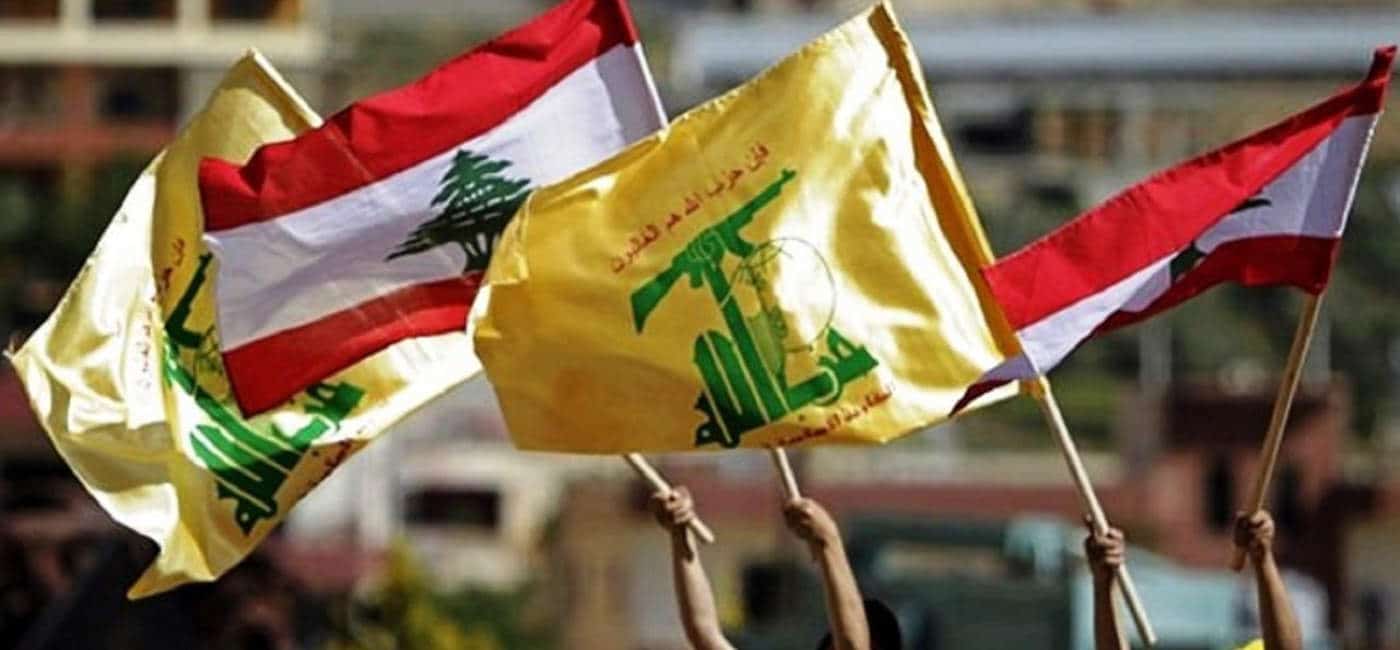The United Nations Security Council recently called on all Lebanese armed groups, including Hezbollah, to disarm, stressing the need to implement Resolution 1559. Obviously, the UN Security Council has taken action under pressure from the United States and the Zionist lobby and certain Arab reactionary governments.
The UNSC statement is in fact a clear intervention in Lebanon’s internal affairs because Hezbollah is a military-political organization and an important part of the Lebanese system. Hezbollah has a majority in the Lebanese parliament and is part of the Lebanese government.
On the other hand, over the past 37 years, Hezbollah has never acted outside Lebanon’s borders against the interests of any country, and Lebanon’s internal regulations are essentially clear on the need to protect the country’s borders against Zionist regime’s aggression. Putting Hezbollah on the list of terrorist organizations is tantamount to setting the stage for the United States, the West, and international organizations to increase the level of adventures of the Zionist regime; Because of Lebanon’s weak military structure, Hezbollah has a heavy burden on defending its borders and has offered many martyrs over the years to maintain Lebanon’s security.
Therefore, in order to weaken the Lebanese military and security structure, the Security Council has introduced Hezbollah as a terrorist organization and has called for the disarmament of this Lebanese internally built structure. This suggests that an organized international conspiracy to strike at the Axis of Resistance is taking shape. Also, given the conditions of the Zionist regime at home due to the failure of the political parties to form a coalition government the recent decision of the Security Council to disarm Hezbollah can be considered in the context of political strengthening of the extremist parties of the Zionist regime.
However, the decision of the Security Council has no legal value because it has nothing to do with the Security Council, and it is up to the Lebanese government to determine whether the weapons remain in Hezbollah’s hands.
The only thing the Security Council can do is to put the future of Lebanon under Chapter Seven of the UN Charter, which seems highly unlikely given the regional situation and the dangers it poses to global security. Therefore, this decision of the Security Council has only a credit and prestige aspect and has no legal or executive value.
In this regard, it is natural that Hezbollah will not hand over its weapons under any circumstances due to the threat posed by the Zionist regime, and even if Lebanon comes under Chapter Seven of the UN Charter, it will not disarm; if Hezbollah surrenders, the next step will be trial of the leaders of this movement. As a matter of fact, it is the leaders of the Zionist regime who must now be put on trial for war crimes. These issues reflect the biased view of international organizations and institutions on various issues in the world.
Interestingly, the UN Security Council statement on the need for Hizbollah disarmament has been released concurrent with Lebanon’s talks with the International Monetary Fund. It seems that the Security Council, under pressure from the United States and the West, wants to enter a phase of blackmailing to make economic and financial support subject to disarmament of the Hezbollah.
In fact, the International Monetary Fund has made the loan to Lebanon conditional on the disarmament of Hezbollah. But according to Taif Agreement, Western countries, the United States and Saudi Arabia had agreed to provide financial assistance to the Beirut government annually to strengthen its economic infrastructure. The funding has been cut recently, and Lebanon is facing an economic crisis as it does not have a large source of income. This situation is one of the tools in the hands of the West, the Zionist lobby and Saudi Arabia to eliminate Hezbollah from the political and military structure of Lebanon.
The UNSC has reportedly announced that full implementation of Security Council Resolution 1559 of 2004, which calls for the disarmament of all armed groups in Lebanon and the monopoly of the use of weapons only for the Lebanese army, is very important in such a way that no weapon should be in the hands of any power other than the government of Lebanon. It said that the armed forces are the only legitimate forces in Lebanon that are allowed to operate under the country’s constitution and the Taif Agreement (issued in 1989) to prevent internal conflicts in the country.
It should be noted, however, that according to Resolution 1559, if currents such as the Lebanese Force and the Druze surrendered their weapons, was because their weapons were used inside the country; However, Hezbollah uses its weapons only to protect Lebanon’s borders against foreign aggression, the Israeli regime, and to this day, despite all efforts, Hezbollah has not been disarmed.










0 Comments